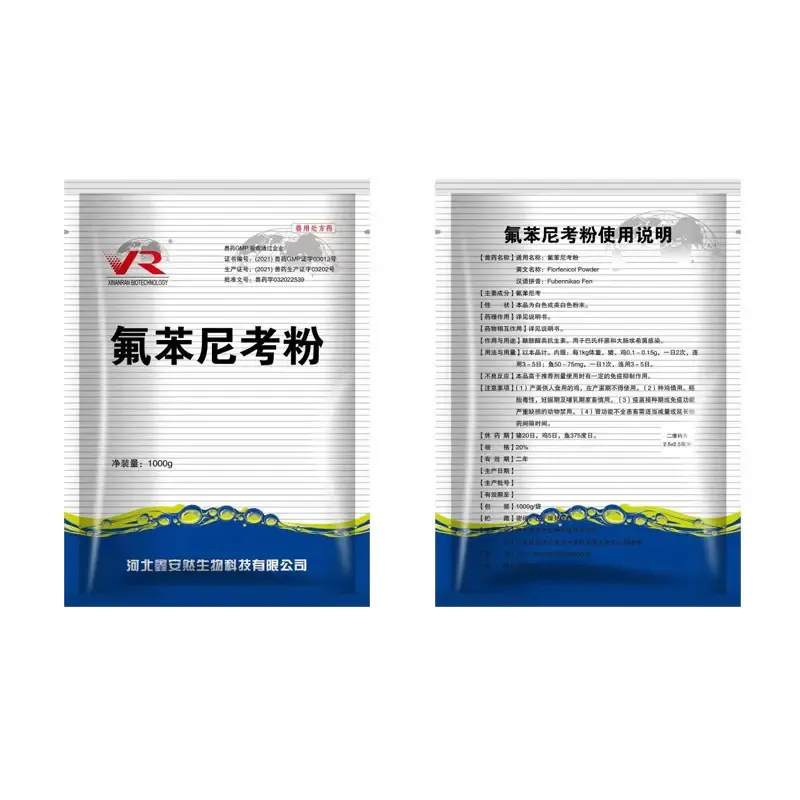- Afrikaans
- Albanian
- Amharic
- Arabic
- Armenian
- Azerbaijani
- Basque
- Belarusian
- Bengali
- Bosnian
- Bulgarian
- Catalan
- Cebuano
- Corsican
- Croatian
- Czech
- Danish
- Dutch
- English
- Esperanto
- Estonian
- Finnish
- French
- Frisian
- Galician
- Georgian
- German
- Greek
- Gujarati
- Haitian Creole
- hausa
- hawaiian
- Hebrew
- Hindi
- Miao
- Hungarian
- Icelandic
- igbo
- Indonesian
- irish
- Italian
- Japanese
- Javanese
- Kannada
- kazakh
- Khmer
- Rwandese
- Korean
- Kurdish
- Kyrgyz
- Lao
- Latin
- Latvian
- Lithuanian
- Luxembourgish
- Macedonian
- Malgashi
- Malay
- Malayalam
- Maltese
- Maori
- Marathi
- Mongolian
- Myanmar
- Nepali
- Norwegian
- Norwegian
- Occitan
- Pashto
- Persian
- Polish
- Portuguese
- Punjabi
- Romanian
- Russian
- Samoan
- Scottish Gaelic
- Serbian
- Sesotho
- Shona
- Sindhi
- Sinhala
- Slovak
- Slovenian
- Somali
- Spanish
- Sundanese
- Swahili
- Swedish
- Tagalog
- Tajik
- Tamil
- Tatar
- Telugu
- Thai
- Turkish
- Turkmen
- Ukrainian
- Urdu
- Uighur
- Uzbek
- Vietnamese
- Welsh
- Bantu
- Yiddish
- Yoruba
- Zulu
9 月 . 30, 2024 11:19 Back to list
Effective Albendazole Goat Dewormer for Healthier Livestock and Improved Parasite Control
Understanding Albendazole as a Goat Dewormer
Albendazole is a broad-spectrum anthelmintic (dewormer) commonly used in veterinary medicine, particularly in the treatment of parasitic infections in livestock, including goats. This compound is remarkable for its efficacy against a wide variety of internal parasites, making it an essential tool for farmers aiming to maintain the health and productivity of their herds. This article explores the benefits, application, and considerations associated with using albendazole as a goat dewormer.
What is Albendazole?
Albendazole belongs to a class of drugs known as benzimidazoles, which work by inhibiting the metabolism of parasites. Specifically, it interferes with the function of tubulin, a protein that is essential for cell structure and function in worms. By disrupting the formation and function of the worm’s microtubules, albendazole effectively immobilizes and kills a variety of parasites, including roundworms, flatworms, and certain protozoa.
Benefits of Using Albendazole in Goats
One of the primary advantages of using albendazole as a dewormer in goats is its broad-spectrum efficacy. It is particularly effective against common gastrointestinal parasites such as Haemonchus contortus (barber pole worm), Teladorsagia circumcincta, and Trichuris spp. In addition to its antiparasitic properties, albendazole is often well-tolerated by goats, making it a safer option compared to some other dewormers which may have more severe side effects.
Albendazole also has a relatively long residual effect, meaning it continues to provide protection against reinfection for a period after administration. This is particularly beneficial in environments where parasites are prevalent, helping to reduce the overall parasite burden in a herd. Furthermore, albendazole is available in various formulations, including powders and injectables, allowing for flexibility in administration based on the specific needs of the herd.
Application and Dosage
albendazole goat dewormer

The proper dosage of albendazole can vary based on the age, weight, and health status of the goats, as well as the type of infection being treated. The typical dosage for goats ranges from 10 to 15 mg per kg of body weight, administered orally. It is crucial to follow the manufacturer's guidelines and recommendations from a veterinarian to ensure effective treatment and minimize the risk of resistance development.
Albendazole is generally administered as a single dose, although repeat treatments may be necessary for severe infections or reinfestation. Farmers should closely monitor their goats for any signs of adverse reactions or parasites after treatment. Regular fecal egg counts can help determine the effectiveness of the treatment and the need for additional doses.
Resistance and Considerations
While albendazole is effective, the overuse or improper use of any dewormer can lead to the development of drug resistance among parasites. To mitigate this risk, it is advisable to practice rotational grazing, employ integrated parasite management strategies, and combine the use of different classes of anthelmintics. Additionally, farmers should consider performing regular fecal testing to monitor parasite loads and adjust their deworming protocols accordingly.
Another important consideration is the potential for drug residues in meat and milk. Goats treated with albendazole should adhere to appropriate withdrawal times before being used for food production. This is critical to ensure consumer safety and compliance with regulatory guidelines.
Conclusion
Albendazole is a vital tool for managing intestinal parasites in goats. Its broad-spectrum efficacy, relative safety, and ease of application make it a preferred choice among livestock owners. However, responsible usage, including careful attention to dosages, treatment intervals, and monitoring for resistance, is essential to maintain its effectiveness. By integrating albendazole into a comprehensive parasite management program, farmers can promote healthier herds and improve productivity, ultimately leading to better outcomes for their livestock and greater economic sustainability.
-
The Power of Radix Isatidis Extract for Your Health and Wellness
NewsOct.29,2024
-
Neomycin Sulfate Soluble Powder: A Versatile Solution for Pet Health
NewsOct.29,2024
-
Lincomycin Hydrochloride Soluble Powder – The Essential Solution
NewsOct.29,2024
-
Garamycin Gentamicin Sulfate for Effective Infection Control
NewsOct.29,2024
-
Doxycycline Hyclate Soluble Powder: Your Antibiotic Needs
NewsOct.29,2024
-
Tilmicosin Premix: The Ultimate Solution for Poultry Health
NewsOct.29,2024













